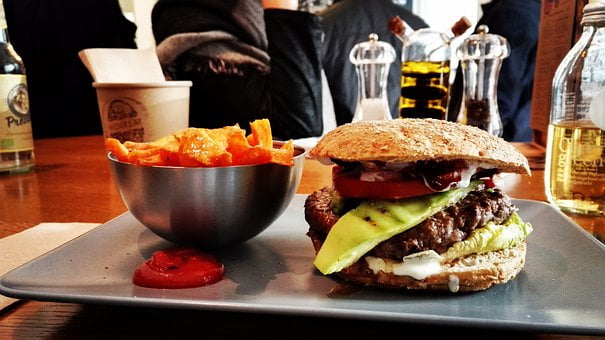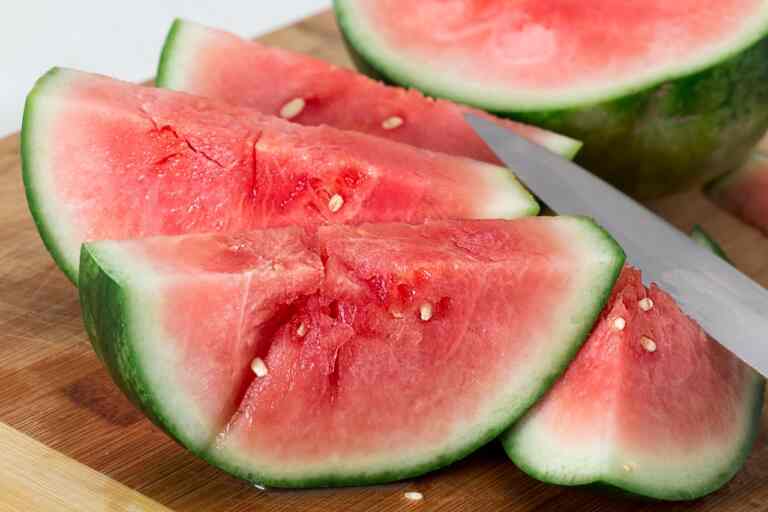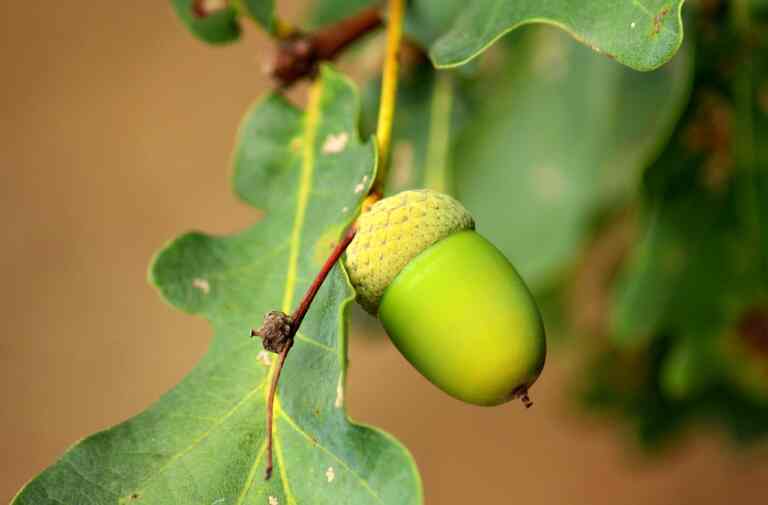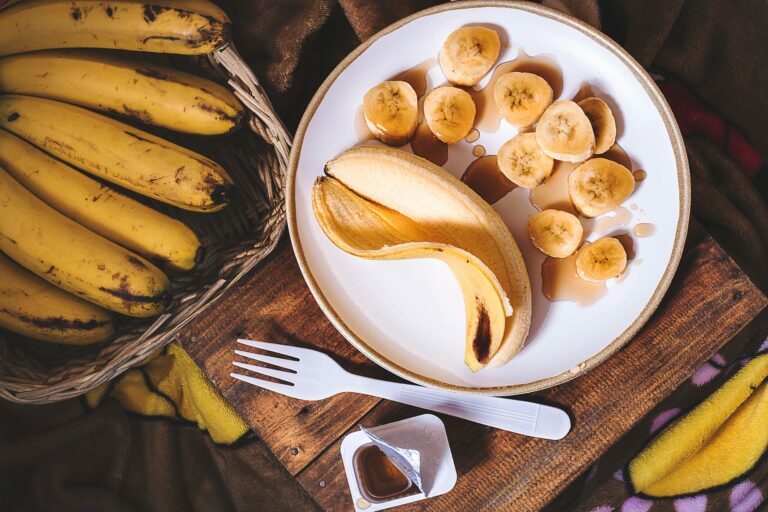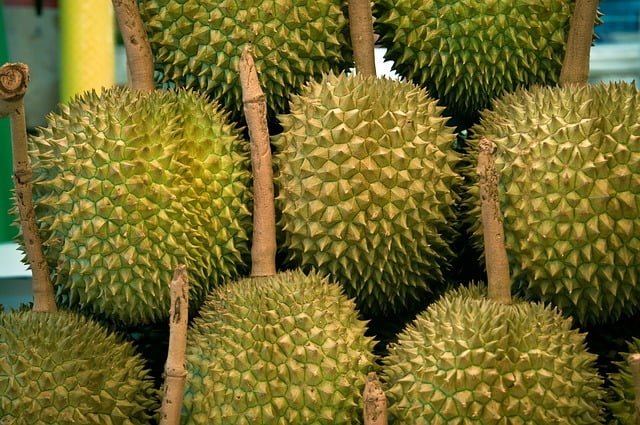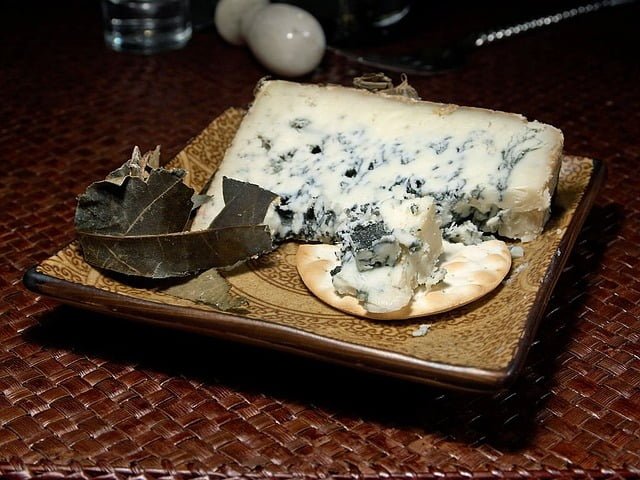Can We Eat Junk Food After Surgery?
Can we eat junk food after surgery? Yes, You can eat junk food in a limited amount if it has been a long time since your surgery. If you have had surgery recently, then you should avoid all these things. Things you should eat after surgery to help you recover faster. You should avoid junk food as much as possible. You need a lot of nutrients and minerals during surgery. For which junk food is not good at all. You should eat fruits and vegetables from which you get good nutrients and minerals. You should eat such food which contains low fat.
You should avoid fried and fatty food at the time of surgery. You can eat anything after you have fully recovered. But as long as you have to be very careful about your food and drink. Now we will read ahead that what should be eaten at the time of surgery and what should be avoided. And we will also see how fruits and vegetables can help you recover from surgery and how quickly.
What Is Considered Junk Food After Surgery?
At first glance, it might seem like any food that’s not nutritious would qualify as junk food. But after surgery, the definition of junk food gets a bit more nuanced.
In general, you want to stay away from foods that are high in saturated and trans fats and loaded with sugar or salt. This means deep-fried foods like French fries and chicken nuggets, sugary snacks like cookies and cakes, carb-heavy items like white bread and processed meals—all are best avoided.
These types of foods can increase your risk of complications after surgery. That’s because they can slow down digestion and lead to indigestion, nausea, bloating and stomach pain. Plus, these types of unhealthy items could leave you feeling lethargic and may make any post-surgery recovery more difficult.
In short: if it’s not something you’d categorize as good-for-you food like fruits, vegetables or lean protein sources—steer clear!
Is Junk Food Safe to Eat After Surgery?
So, can you eat junk food after surgery? The short answer is maybe. It depends on what type of surgery you’ve had and when you have it.
Your doctor can give you more specific instructions about the types of food you can eat following surgery. They’ll also let you know when it’s safe to have anything greasy, fried, salty, or processed.
Impact of Junk Food on Healing
It’s important to remember that junk food isn’t the healthiest option after any type of surgery. While it may not harm your recovery outright, eating too much fatty and sugary foods like fast food and candy will slow down your body’s healing process.
Eating junk food can lead to weight gain and cause inflammation, both of which will make your recovery longer and more difficult. Plus, if your body isn’t getting the energy and nutrients it needs to heal properly, it could delay the return to normal activities such as work or sports.
Substituting Healthy Foods
So while having a small amount of unhealthy snacks is okay in moderation following surgery, it’s best to focus on nourishing foods instead. It’s also important to make sure you get enough fluids—including water—to stay hydrated and make sure that all necessary vitamins are being taken as prescribed by your doctor.
What Are the Risks Associated With Eating Junk Food After Surgery?
You may be tempted to eat junk food after surgery. But here are some risks to consider before you dig in:
Nutrients and vitamins
Junk food is usually low in nutrients and vitamins, which can inhibit the natural healing process and make the effects of the surgery much worse. You need lots of vitamins, minerals, and other nutrients to heal quickly and properly, so processed foods or fast food can be a bad choice.
Weight gain
Most junk foods are high in calories, fat, sugar, salt, carbohydrates and other artificial ingredients. This can lead to weight gain after surgery—which your doctor probably told you to avoid at all costs.
Allergic reactions
Junk food often contains allergens that could contribute to an infection or further inflammation. For example, if you’re allergic to dairy products but you eat pizza with cheese on it—well, that definitely won’t help with the healing process!
In conclusion: if you’re thinking about eating junk food after surgery, it’s best to think twice about it before indulging your cravings.
Are There Any Alternatives to Eating Junk Food After Surgery?
Sure, there are alternatives to eating junk food after surgery! You can stick to eating foods that are healthier, like fruits and vegetables. Make sure you look for fresh produce, as it will be packed with more vitamins and minerals that can help with healing. You might also want to add in lean proteins like fish, chicken or eggs, as well as whole grains like quinoa.
These foods won’t just keep your post-surgery diet healthy—they’ll make you feel better too:
- Fruits – Fruits like apples, oranges and berries are full of essential vitamins and minerals that help with the healing process.
- Vegetables – Think spinach, kale, peppers and squash! Eating a variety of colorful vegetables keeps your immune system strong and can even aid in digestion.
- Lean proteins – Chicken breast, tuna or salmon—all of these lean proteins provide amino acids that help your body recover after surgery.
- Whole grains – Whole grains like oats, quinoa and buckwheat provide dietary fiber which keeps your digestive system running smoothly while aiding in the healing process.
How Do I Pick the Right Type of Snacks for Post-Surgery Recovery?
You’re allowed to indulge in a junk food snack here and there post-surgery, however it’s important to be mindful of the type of snacks you have available to you. Junk food can be high in fat and calories, contribute to obesity, and worsen chronic heart conditions — all of which are issues that can be exacerbated from surgery.
So, how do you pick the right type of snacks? Here are some tips:
Portion Control
Make sure you’re aware of how much you’re eating. This can help prevent overeating and unnecessary weight gain. It’s also good practice for general health as portion control has been linked with improved weight loss outcomes.
Choose Low-Fat Options
If there’s an option between regular fried chips or baked chips, or white bread versus wheat bread, go for the healthier option — always. It might not seem like much, but the lower fat content in these types of snacks is sure to benefit your post-surgery recovery process in the long run.
Go Natural
Choose foods like fruits and vegetables if possible — but don’t rush yourself into eating large amounts when your body isn’t ready yet! Start out slow with small portions (that follow your doctor’s recommendations), then gradually increase until you reach a normal level of energy again. And remember that raw fruit always provides more nutrition than cooked fruit does.
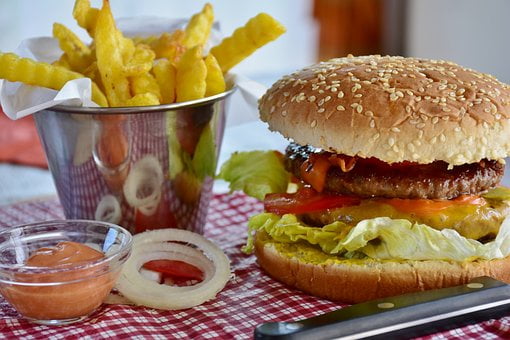
Can I Eat My Favorite Junk Food Dishes After Surgery?
So, can you eat your favorite junk food dishes after surgery? Well, that really depends—first, you’ve got to confirm that your surgeon has given you the all-clear. If they haven’t, then you should wait until after the recovery period and follow their instructions closely.
Once you get the go-ahead from your doctor. There are a few things to keep in mind before diving into those delicious French fries and burgers.
Consider the Calories
Junk food tends to have a high calorie content. And not a lot of the nutrients you need to recover from surgery quickly and properly. So try and limit portions, or cut out junk food altogether if your diet can handle it.
Stay Hydrated
It goes without saying that hydration is key while recovering from surgery. Make sure to drink plenty of fluids throughout the day—water is best—to help keep everything functioning optimally as your body recovers.
Watch Out For Salt
If you do choose to indulge in some junk food after surgery, aim for lower-salt options. And stay away from anything too salty (like super cheesy pizzas). Too much sodium can cause you problems with dehydration post-surgery. So try to be mindful of how much salt is going into your body.
Conclusion
In summary, it’s important to be mindful of your diet following surgery. While eating junk food in moderation isn’t necessarily bad for you, it’s still important to make sure you’re getting the right combination of nutrients your body needs to heal.
Talk to your doctor or nutritionist if you have any concerns about your post-surgical diet. They can give you personalized guidance and advise you on how to make the best food decisions as you’re recovering. Above all else, it’s important to follow your doctor’s advice and pay attention to your body during this time.
Related Posts
This article is reviewed by Russel, before publishing. If you have any doubt, you can contact us or consult with your nearby doctor. Remember, in medical matters, there is no same advice, cure, and medicine for all.

